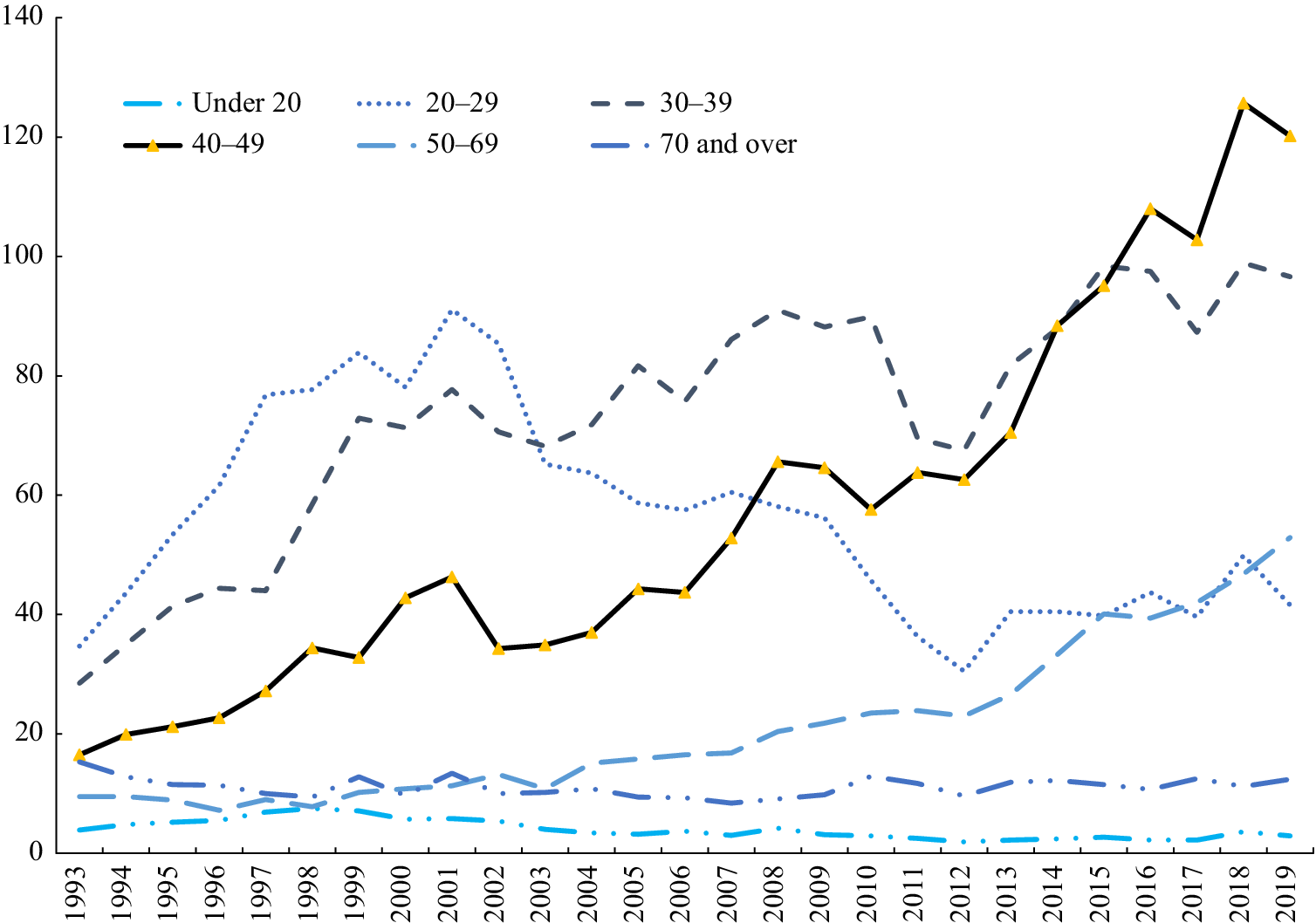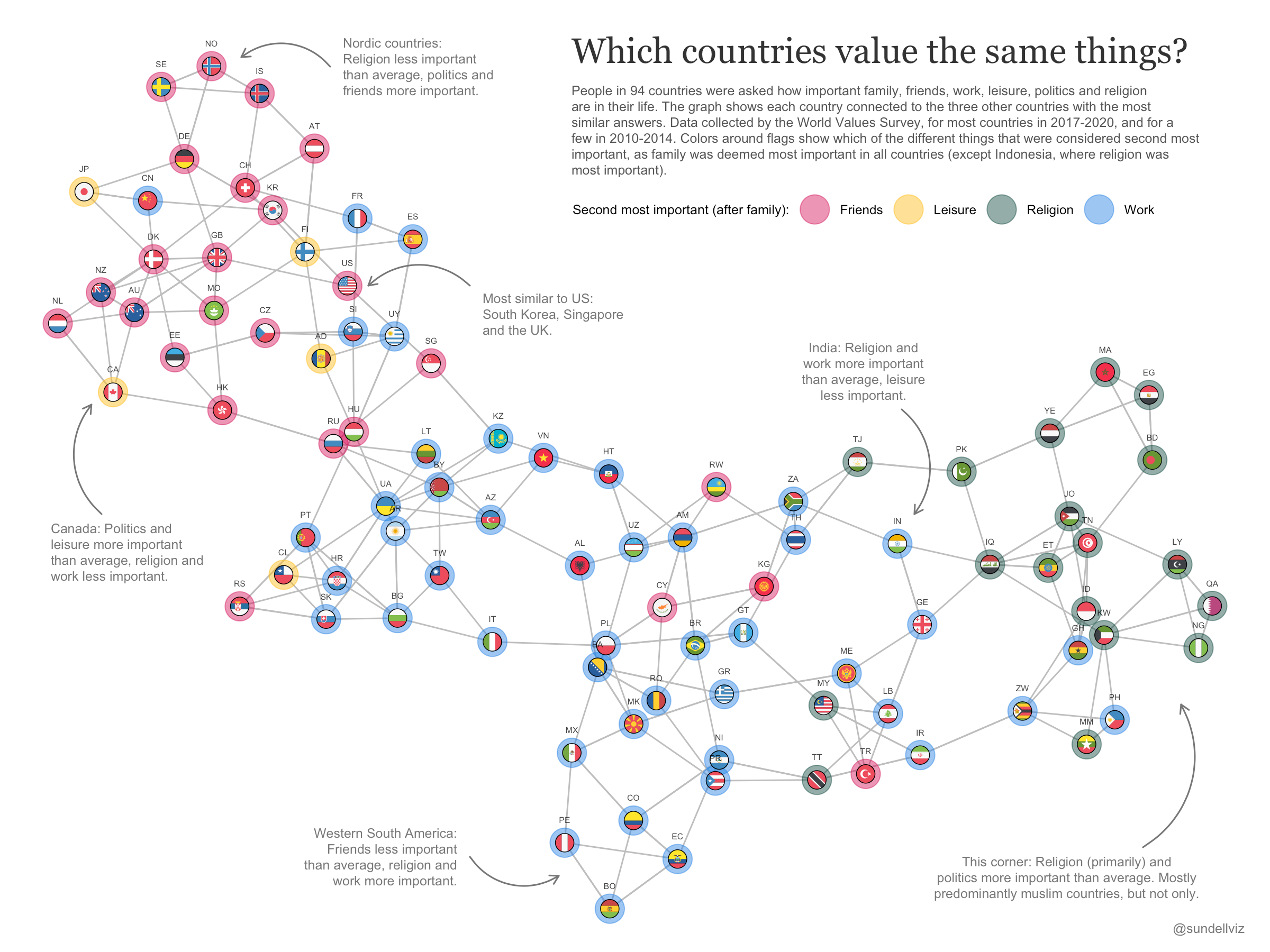Happy and woke AF

Insights for a meaningful life
What is meaning?
What is happiness? Viktor Frankl was sure that happiness and meaning were so interdependent and intertwined that wasn’t even a separate notion:
“Only when the emotions work in terms of values can the individual feel pure joy”
Science has emerging thoughts on what brings meaning universally. One paper states, quoting:
Coherence - making sense of the world and one’s experiences in it. Feeling a “sense of order” and “comprehensibility” are key facets of life coherence.
Purpose - the feeling of having a life goal, or multiple life goals, and being able to work toward those goals. It is understood as a future-oriented motivational state — that is, having a vision for how one’s life should be.
Mattering - the belief that one’s actions are making a difference in the world and that one’s life is significant and worth living.
Another claims different pathways:
- Positive, or productive, solitude - deep work, contemplation, creativity, unwinding.
- Feeling active - not in the sense of physical activity, but rather vigor, liveliness and motivation
- Future-mindedness - in a positive way. Thinking too much about a dark future is a well-trodden way to depression: it’s even on BDI as ‘I feel the future is hopeless and that things cannot improve.’. Yay?
There are lots of approaches, but that’s only because happiness and meaning are such a multi-faceted thing. For the GGS report, I’ll copy everything grouped into some categories and comment some, because I love the way (just de wey).
Coughs aging and happiness
But first (second), happiness as we age, again:

27 club, Jesus club, quarter-life crisis, midlife crisis… However, looks like the midlife crisis, as a loss of meaning, tops them (or we just happen to have more financial capabilities and responsibilities to make the next chart happen?):

And again, older age often brings more predictability, less responsibilities and more joy/free time. So, buckle up and avoid arthritis!
P.S. Chartr’s data is a bit different:

Research
World happiness rankings need to take culture into account
Happiness in Philippines may totally differ from happiness and meaning for a Dane, or a Brazilian. World Values Survey does precisely that, measuring the difference in values - I’d reckon they correlate with life satisfaction predictors - in the world’s countries. Another nice tool is Hofstede Country comparison.

However, money’s still a factor, although it differs wildly:

And it should definitely be factored into a low-bias model, as happiness varies with GDP:
We’re on the brink of much stronger research into happiness practices
One hopes, as current situation with cross-citation, p-hacking, expensive publishing and ambiguous results is abysmal.
Kindness and compassion
We have the ability to become more intellectually humble
Looks like intellectual humility (the ability to admit you’re not the center of the universe and knowledge, which is impossible…) is a skill to be cultivated: the researchers had pinpointed several traits to be led by to cultivate those: focusing on effort and growth, learning the fundamentals of humility, experiencing awe and other self-transcendent emotions, and reflecting on our own values. GGS does also have a niice IH (as IQ and EQ much?) quiz to measure it and pave the first steps.

And some ways to improve it:
People feeling anxious or depressed benefit from doing kind acts
The bad thing about depression: as with epilepsy, pathways that once were inflamed and overexcited/‘depressed’ gravitate towards repeating that - looks like our negativity bias can stay even after treatment; so that we’re more prone to ruminate on negative events, even if petty.

In other words: shiiet! Some ways to manage this are mindfulness exercises, looking at cuteness and :3, interacting with plants (not what you thought, just having indoor plants and looking at lush greenery!) and, for sure, aerobic exercise (however, we may need less of it).

The good thing: do random acts of kindness and write them down. It will show you the awesome cutie you are 💗
We can feel less exhausted by helping others if we think about compassion differently

Compassion is an engine, and it needs fuel. Luckily, the fuel is compassion itself - research is showing that the more one’s mindset is shifted to ‘capacity for compassion is unlimited and it fuels itself’, the more compassionate and immune to world’s worse sides they were.
And it also helps your biochemistry, decreasing stress immune reaction among other benefits. So, compass away! Okay, looks like it wasn’t the right word…

It pays to care about each other at work

“The results suggest that working adults who perceive their workplace climate as caring have substantially lower odds of diagnosed depression, higher reports of overall well-being, as well as greater self-reports of mental health, physical health, social connectedness, and financial security,” the authors write.
Ghosting someone doesn’t just hurt them; it also hurts you
Just quoting this in tears: ‘Findings showed that people who ghosted friends more were more depressed later, no matter how depressed they were at the outset.’
Being an ADHD ass who forgets to answer or is too lazy sometimes, it’s a bane of mine 🙆♂️
If you practice gratitude, your children can benefit, too

The usual: you practice gratitude -> you connect more with the toddlers -> everyone’s happier. Ew.
Then, children - them experiencing awe makes them more generous & prone to volunteering/donating which, as we remember from above, is a definite way to meaningful life (one of).
People aren’t becoming more unethical, despite what you might think

Looks like ‘people are falling into a moral well’, ‘where’s the morality these days?’, ‘o tempora o mores’ are a well-established narrative going through the years. So, don’t feel you’re less moral than your grandparents railing, say, creatine off the chest of a random bodybuilder at a competition ❤️ Okay, but you’ve got me…
Conclusion
There are numerous approaches and ways to experiencing happiness, but some are:
Compassion and kindness all day every day, at work, in the subway - anywhere. Even if a smile!
Incentivizing change, positivity and awe-inspired culture
Being in nature, with cute animals and kids, volunteering and donating
Trying to be, feel active and remembering that vitality and inspiration usually come after you start doing something meaningful
Being healthy and happy - goes without saying as it’s the easiest part 👌
Welcome to Teleogenic/Boi Diaries❣️
Other places I cross-post to:
Reuse
Citation
@online{kogan2023,
author = {Kogan, Zakhar},
title = {Happy and Woke {AF}},
date = {2023-12-28},
url = {https://teleogenic.com/posts/231228-happy/},
langid = {en}
}


